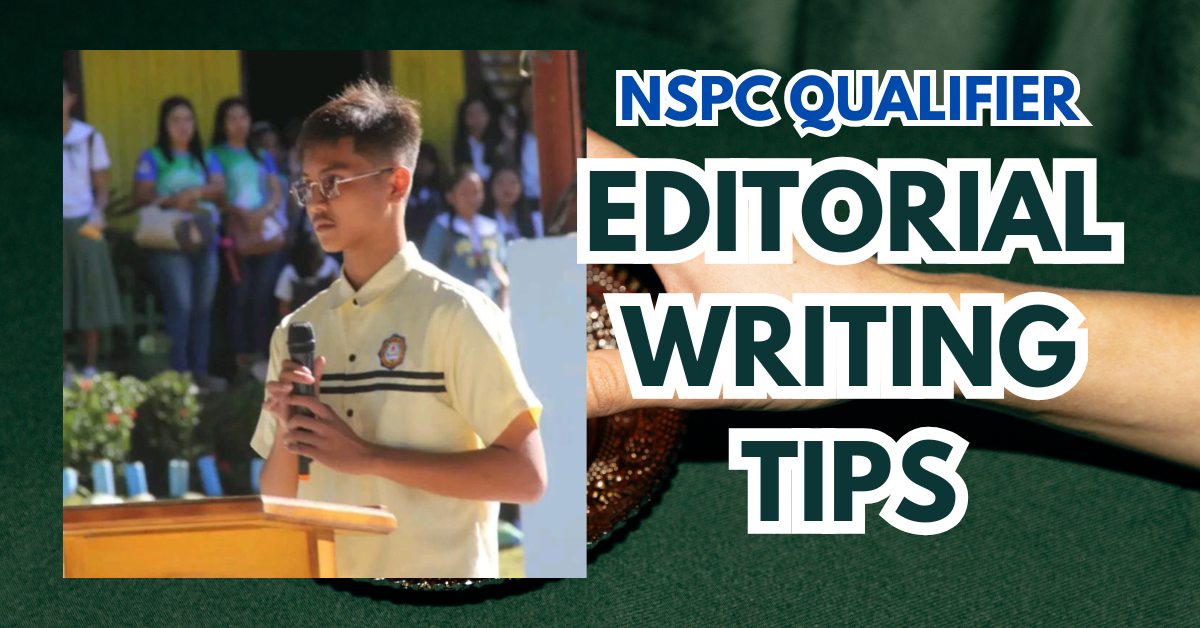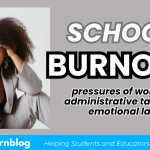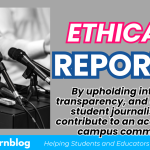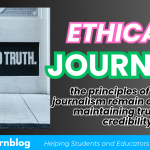Editorial writing is a powerful form of persuasive writing that plays a crucial role in shaping public discourse and influencing change. It goes beyond simply reporting the news, offering instead a platform for a publication’s official stance and commentary on current issues.
Defining the genre
An editorial is an opinion piece written by a newspaper or magazine’s editorial board. It represents the publication’s official viewpoint on a specific issue. Unlike news articles, which strive for objectivity, editorials are subjective and aim to persuade readers to agree with the writer’s perspective.
Objectives of Editorial Writing
The primary objectives of editorial writing are:
– Present a clear and concise opinion: The editorial should clearly state the writer’s position on the issue.
– Persuade the audience: The writer uses evidence, logic, and emotional appeals to convince readers to adopt their viewpoint.
– Stimulate discussion: Editorials aim to spark debate and encourage readers to think critically about the issue.
– Influence public opinion: By presenting a compelling argument, editorials can shape public perception and potentially lead to change.

Structure and components
A typical editorial follows a structured format:
– Introduction: Briefly introduces the issue and states the writer’s opinion.
– Body: Presents arguments, evidence, and examples to support the writer’s viewpoint.
– Conclusion: Summarizes the main points and reiterates the writer’s opinion. It may also include a call to action.
Crafting Effective Editorials
Writing effective editorials involves:
– Choosing a relevant and timely topic: Select an issue that is currently in the news or of significant public interest.
– Conducting thorough research: Gather information from reliable sources to support your arguments.
– Writing clearly and concisely: Use simple language and avoid jargon.
– Structuring arguments logically: Present your points in a clear and organized manner.
– Using strong evidence: Back up your claims with facts, statistics, and examples.
– Appealing to emotions: Connect with your readers on an emotional level to make your argument more persuasive.
– Being objective and fair: Acknowledge opposing viewpoints and present them fairly.
– Proofreading carefully: Ensure your writing is free of errors in grammar and spelling.

Do’s and Don’ts
Do’s:
– Be passionate and enthusiastic: Your passion for the issue will shine through in your writing.
– Use a strong voice: Be confident and assertive in your writing.
– Engage your readers: Ask questions, use rhetorical devices, and make your writing interactive.
Don’ts:
– Be biased or prejudiced: Present your arguments fairly and objectively.
– Use inflammatory language: Avoid using offensive or derogatory language.
– Make unsubstantiated claims: Back up your arguments with evidence.
– Be afraid to take a stand: Have the courage to express your opinion, even if it’s unpopular.
Editorial writing is a vital component of a healthy democracy. It provides a platform for diverse voices to be heard and for critical issues to be debated. By engaging in thoughtful and well-informed editorial writing, we can contribute to a more informed and engaged citizenry.
Furthermore, editorials play a crucial role in holding those in power accountable. By scrutinizing policies, actions, and decisions, editorials can expose wrongdoing, advocate for change, and ultimately contribute to a more just and equitable society.
In conclusion, editorial writing is a powerful tool for shaping public discourse and influencing change. It requires careful consideration, strong research, and a commitment to presenting a clear and persuasive argument. By embracing the principles of objectivity, fairness, and engagement, writers can craft editorials that inform, inspire, and ultimately make a difference in the world.

ABOUT THE AUTHOR
Ronzel Clent Lumayag is an 8-year campus sports writer in both English and Filipino. He joined various categories in schools press conferences such as news, feature, editorial, and sports writing as well as a collaborative desktop publishing. He is currently the Editor-in-chief in the school publication, former sports editor, and he is a consistent DSPC qualifier and was an NSPC qualifier in Sports Writing last 2023 at Cagayan de Oro City.











